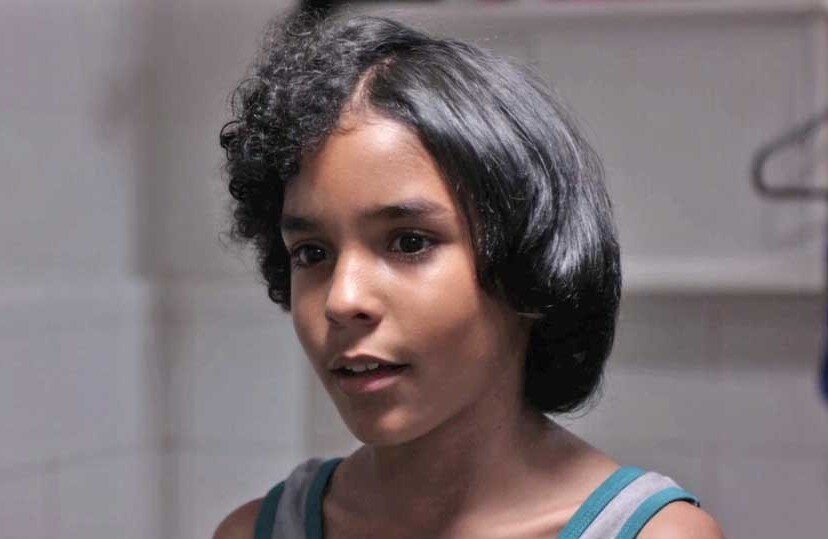The Afro-Latinx Experience Is Essential To Our International Reckoning On RacePosted in Articles, Arts, Audio, Latino Studies, Media Archive on 2020-12-12 02:38Z by Steven |
The Afro-Latinx Experience Is Essential To Our International Reckoning On Race
National Public Radio
ALT.LATINO
2020-07-03
Felix Contreras
Anaïs Laurent
Marisa Arbona-Ruiz
Jasmine Garsd
 In Tijuana, raised fists show solidarity with the Black Lives Matter movement. Guillermo Arias/AFP via Getty Images |
Let’s pause the music for a bit and talk through some things.
In three segments, we’re going to have a conversation about how Afro-Latinx folks often get left out of national discussions about Blackness and, in particular, the Black Lives Matter movement. Petra Rivera-Rideua, of Wellesley College, and Omaris Z. Zamora, of Rutgers, help us wade through layers of complexities. Our newest contributor to the Alt.Latino family, NPR publicist Anaïs Laurent, lends her considerable knowledge of Afro-Latinx culture and reggaeton to the conversation.
“I don’t think that the media, on a national level, is doing the work to understand that Blackness is heterogeneous,” Zamora says.
“There are Black Latinos, there are Afro Latinos who very much a part of Black Lives Matter and the experiences we’re talking about,” Laurent adds.
Read the entire story here.
